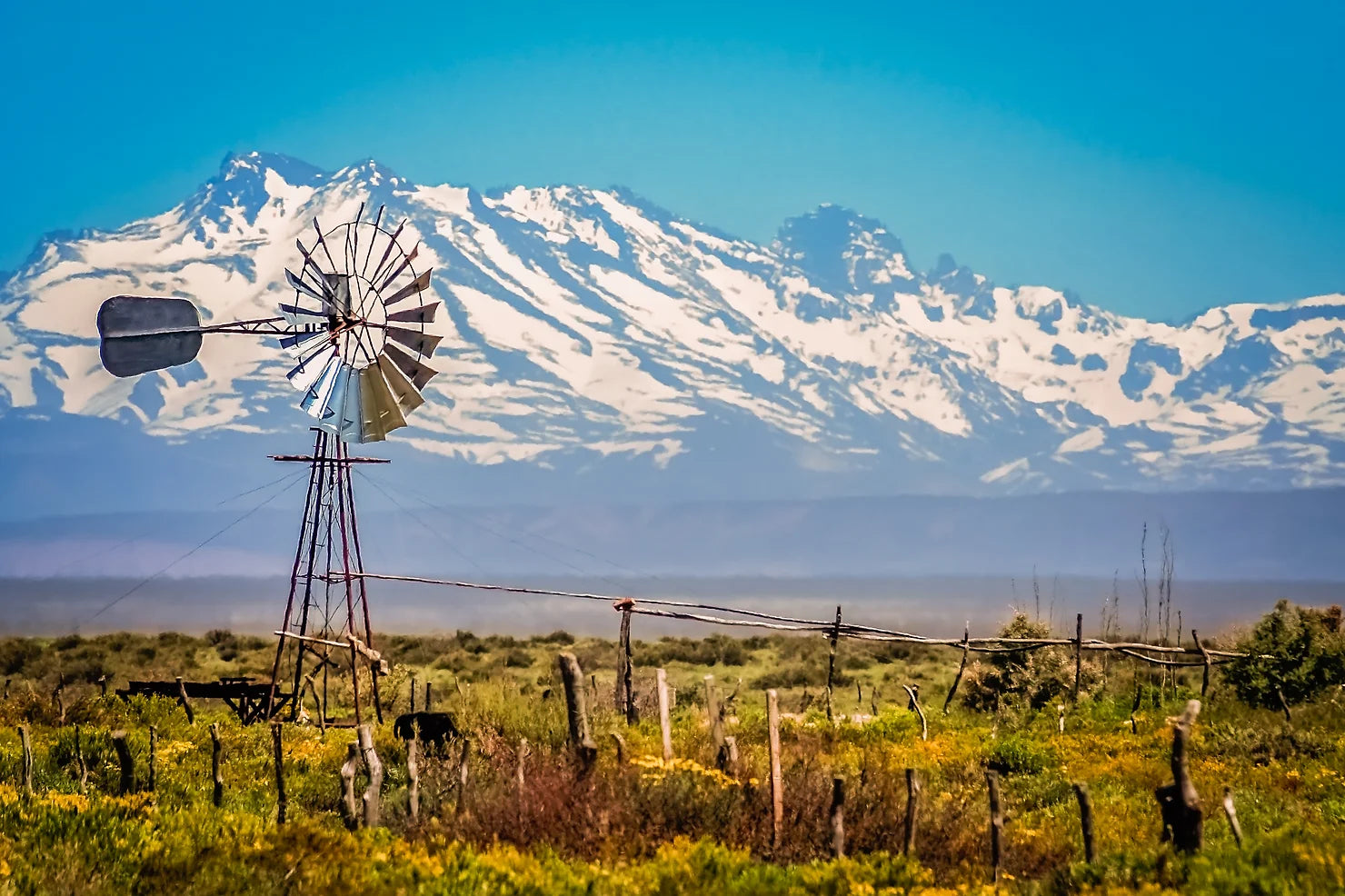
Many people in more developed nations take the provision of basic necessities such as water, heating and electricity for granted. In reality these conveniences require a huge amount of infrastructure to run effectively and reliably. Many countries simply do not have access to the funds, expertise or political stability required to develop this infrastructure, depriving their citizens of the provision of these extremely helpful resources. For example, hundreds of millions of African women do not have reliable access to mains electricity. They rely on various sources of locally sourced energy to operate in their daily lives. Lights are hard to come by, relying on battery operated torches when the sun goes down. Electric stoves and ovens are non-existent, instead these women collect fuel and burn it in their homes, creating harmful fumes and vapours.
This is energy poverty and it affects many people all over the world. The cycle is hard to break out of without external help. People without a reliable energy source spend a large amount of the time in their days simply gathering resources to survive such as collecting firewood or clean water. As a result they cannot earn enough money to secure a more stableliving situation and are simply forced to continue operating in the same fashion. Imagine how much harder it would be to live in your home without easy access to water or power! Nothing would ever get done!
1 in every 10 people has no electricity
At the current speed of development 670 million people worldwide will be without a reliable source of electricity by 2030, living in a similar situation to that described above. This causes a number of health, social and economic issues around the world and desperately needs a solution. For example 2 billion people still use solid fuels, burned in theirhouses to cook and heat their homes such as kerosine, animal waste and wood. The fumes and toxic gases released from this process result in an estimated 3.8 million premature deaths annually.
Policies to encourage renewables
This unfortunate situation does not only affect those in less developed nations. Due to oversights in systems, some people in richer countries can be left behind, largely due to struggling financial situations. Currently in the United States of America, one of the most affluent countries in the world, as many as 16,000 families are not even connected to an electricity grid due to difficult to serve areas with low incomes. Many more are currently struggling to pay ever rising electricity bills with the current energy crisis, forcing many to choose between heating their homes and eating. (https://www.powermag.com/did-you-know-there-are-60000-u-s-citizens-who-lack-access-to-electricity/)
Do you support the government initiatives boosting renewables?
- In partial response to this, the President of the United States, Joe Biden, has looked to bolster the solar energy generation sector. This has been attempted through the invocation of the Defence Production act which eases the restrictions on the import of components used in the creation of solar panels, as well as components for energy efficient heat pumps and similar devices. This is hoped to increase the growth and investment in the solar panels and generally the renewables sector, increasing the amount of clean, cheap electricity available to residents of the country. (https://apnews.com/article/biden-technology-environment-global-trade-ca939bfc5a428c6692beb3e7b4bf715b)
- Other policies to encourage the uptake of renewables in the economies of countries worldwide, if less directly, have been implemented discouraging the use of fossil fuel power sources. Fossil fuel powered vehicles contribute the majority of CO2 emissions of the transport industry. Fuels like diesel also release a number of other harmful gases and particulates which lead to environmental degradation and air pollution. Many countries have taken the step to ban the production of diesel cars by 2035 including the US and UK, an excellent step to reducing transport emissions!
Secure source of energy
Renewable energy has been seen to be a good remedy to many of the world’s current energy problems. Many countries have implemented similar renewable energy focussed policies to speed up their pursuit of net zero emissions. Countries have been particularly spurred on recently by the massive shockwaves in the energy sector caused by the Russian invasion of Ukraine and subsequent sanctions on Russian oil, as well as other factors such as the impacts of COVID-19, to develop a nationally secure source of energy which does not relyon foreign powers.
Renewable energy systems integrated into microgrids are currently being implemented to help to solve the electricity deficiency of many african countries through non-profit organisations. Charities such as ‘The Borgen Project’ have been integrating microgrids into rural African communities since 2011, helping to power schools, hospitals and villages. These microgrids produce power with renewable energy sources, most commonly solar power dueto the abundance of sun in african weather. The power is then managed autonomously and stored in a battery bank. Electricity can then be used by the surrounding community to provide a much improved quality of life for residents.
(https://borgenproject.org/microgrid-technology-in-african-countries/)
